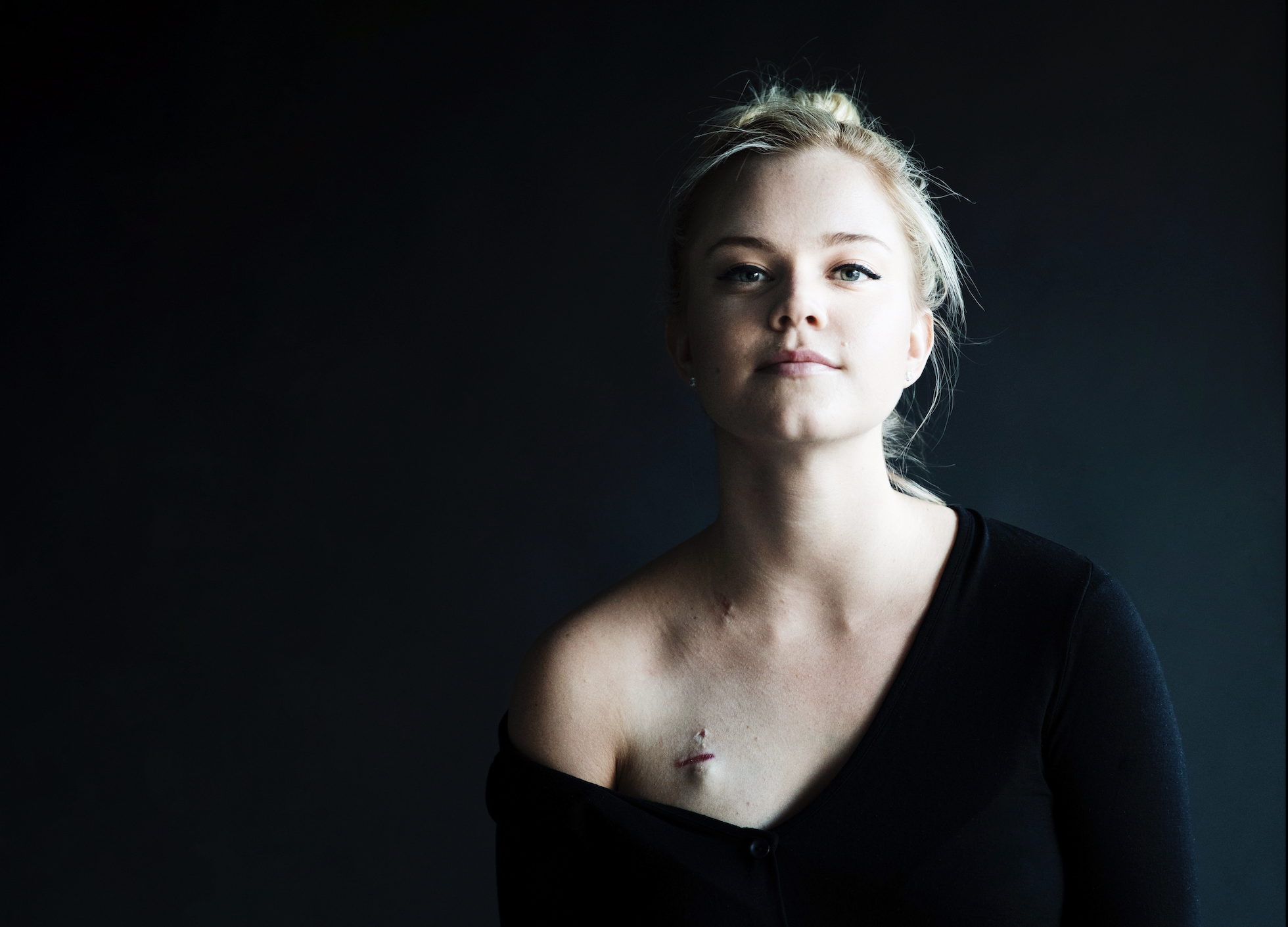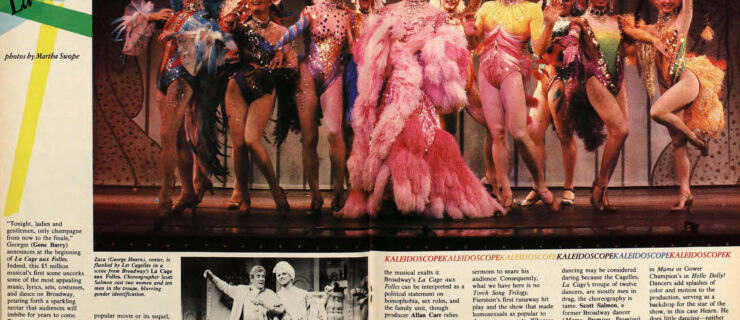Begin Again: Dealing With a Spoonful of Setbacks
Just for today, this column is not what I planned it to be. In an unexpected (or entirely predictable, depending on when you ask me) turn of events, I am not feeling good.
How did we get here? How did we go from doing so great that I pitched a comeback story to the preeminent dance magazine in the country to crying on the studio floor? To answer this question, I need to explain “The Spoon Theory,” a term coined by a blogger with lupus named Christine Miserandino.
It goes like this: Imagine you have 12 spoons in your hands—each visually represents a unit of energy. When you’re chronically ill, everything you do takes more energy (spoons) than it takes the average person. Showering takes a spoon, commuting to the studio takes a spoon, a dance class might take three spoons. This pattern goes on and on until there are no spoons left in your hand. You might be able to reach over to the table next to you and borrow a spoon from the next day, but then you will have fewer spoons to use tomorrow. Eventually, if you keep depleting your spoons, you will run out and crash completely.
Over the past year, I have planned my days meticulously, slowly adding more physical activity to my plate only when it can match the additional spoons I’ve been given through improved health. Unfortunately, with my last column, on training, I did too much and ran out of spoons. I didn’t crash completely, but I started seeing shades of my old symptoms, like fatigue, inflammation, migraines and nausea, creep up, and I had to do something about it.
I took a few things off my plate (RIP Dance Spirit editor position), prioritized sleep (9 pm bedtime for the win), told myself it was okay if I couldn’t make it to ballet every day (at least for now), and tried to give myself grace during class when I was able to be there. In a Dance Magazine article on returning to dance post-injury called “When the Body Betrays,” sports psychologist Dr. Alan Goldberg says recovering dancers should keep their focus on the progress they’re making. I can’t realistically expect my body to be able to move the same way it did when I was 18 years old—that is setting myself up for failure.
Honestly, I’ve been pretty disappointed. When I was a young dancer, a teacher once told me that a day off in dance was like a week off in any other passion. Although this is a myth that’s been debunked (taking time off can actually be a great thing for your dancing!), those words have still haunted me every day for the past nine years. I didn’t want to take two steps backward, even if just for a month. I wanted to go full throttle—to chase my big plans.
Thankfully, though, the decision to be respectful of my body’s physical boundaries has paid off, and I’m beginning to feel better. And if the past year has shown me anything, it’s that it’s never too late to try again.
As many dancers return to their first big runs of performances like Nutcracker and other holiday shows since the onset of the pandemic, I’d imagine some of you might also be realizing that dance is taking a bigger toll on you than it used to. It’s terrifying to be in a new body with new physical and emotional challenges. Let’s give a little space to the need to prioritize recovery, listen to our bodies and acknowledge that progress is not linear.
So that’s it for today. No milestones. Nothing flashy to show. Just a spoonful of setbacks to push through. That’s life, right?




